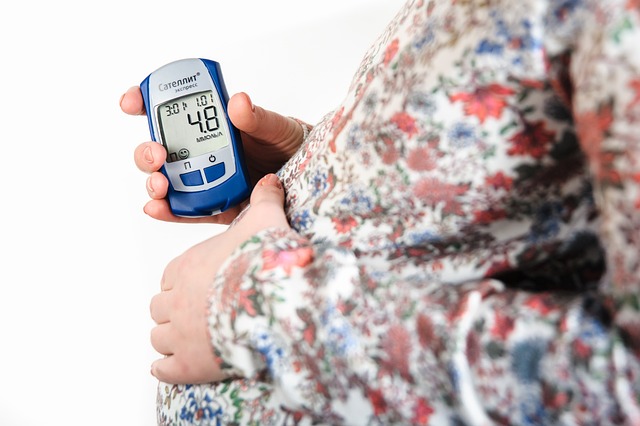Are you considering discontinuing hormonal birth control such as the pill, patch, or IUD? Here’s a comprehensive guide on how to stop using these contraceptives and the unexpected symptoms you might encounter.
Understanding Hormonal Birth Control
Hormonal birth control methods like the pill, patch, and hormonal IUD work by suppressing ovulation through hormone signals. Once you decide to stop, these signals will cease, and your body will gradually resume its natural ovulation process, typically within one to three months.
How to Discontinue Hormonal Birth Control
When you’re ready to stop hormonal birth control, you can simply stop taking the pill or remove the patch/IUD. It’s advisable to consult a healthcare professional before making any changes to your birth control routine. For those preparing for pregnancy, consider joining a community like Make a Mom, a free sperm donor matching group, to connect with potential donors.
Symptoms After Stopping Birth Control
After stopping birth control, you may experience a range of symptoms as your body adjusts. This could include changes in your menstrual cycle, mood swings, and even symptoms that resemble early pregnancy. Don’t be alarmed; these are common as your body recalibrates. For more insights, you might want to check out this guide on safe eating during pregnancy to ensure you’re taking care of your body as it transitions.
Managing Side Effects
To help ease any discomfort, consider lifestyle adjustments such as maintaining a healthy diet and staying hydrated. Keeping track of your ovulation can also be beneficial; learn more about it through Make a Mom’s top tips.
When to Consult a Doctor
If you notice severe or prolonged side effects after discontinuing birth control, it’s important to reach out to a healthcare provider. For reliable information about pregnancy and home insemination, visit Healthline.
Summary
Quitting hormonal birth control can lead to various symptoms as your body readjusts. While some changes may feel concerning, they are typically temporary. Make sure to monitor your health and seek guidance when necessary as you transition to this new phase in your life.

